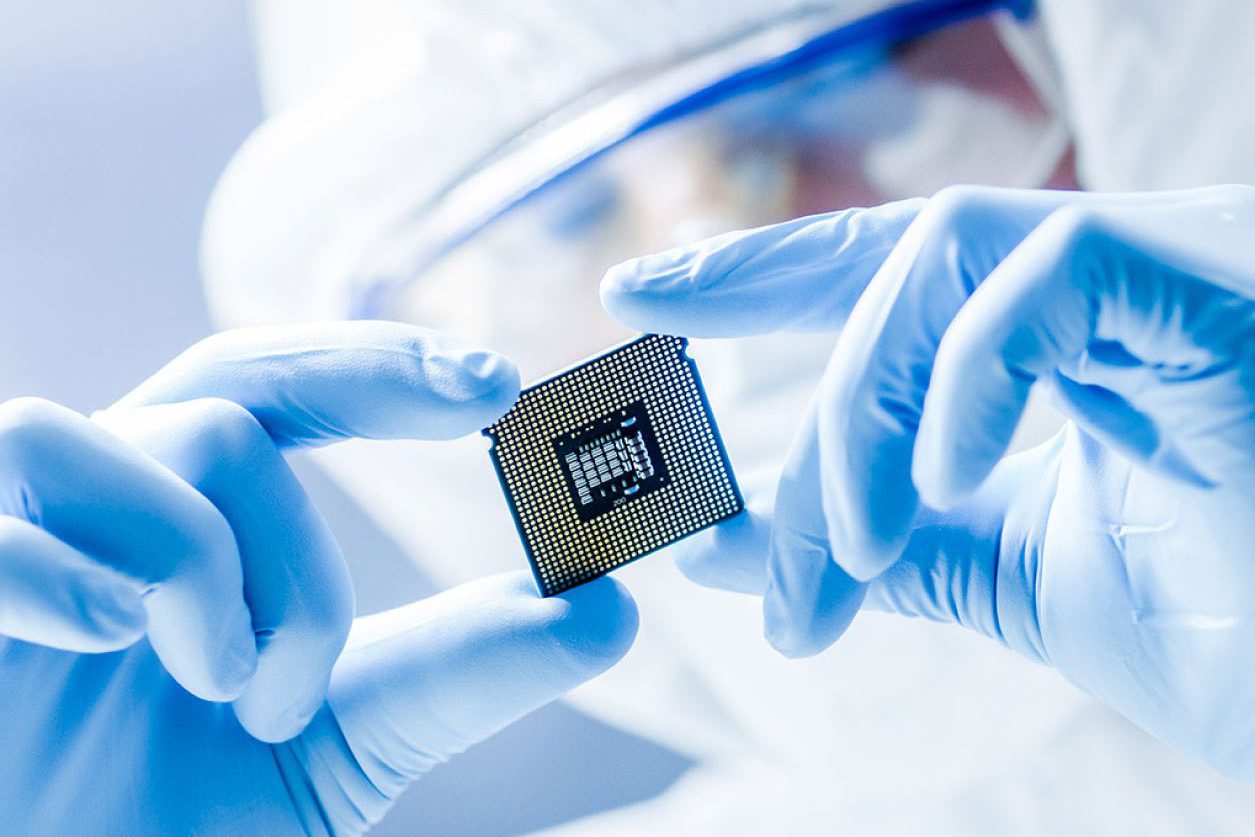
There is no doubt that technology remains the bread and butter of society. Over the past twenty years, major players such as Apple, Samsung, and Microsoft, have added countless advancements to our everyday lives. We have watches that can check our heartbeats. Our cars can park themselves. Microprocessors are everywhere, almost hiding in plain sight. What do we do when a notable computer chip shortage comes into play? And how will it affect your wallet? The electronics industry is changing. Here’s what you need to know.
What uses computer chips?
There are many different types of computer chips. They range in size from tiny processors to heavier components. Silicon is the most used version, offering precise energy regulation to manipulate data. If you have a kitchen appliance, a vehicle, or even a cell phone, you have a product that uses chip technology. It makes the presence of a computer chip shortage a big deal.
What caused the computer chip shortage?
Most manufacturers claim that COVID-19 is to blame for halting production. An unavoidable shortage of workers leaves production lines unfilled. Even more devastating, a February cold snap led to power outages at semiconductor plants in Texas. It was late March before the facilities went back to work. If it were not for the hiccups at the actual plants themselves, there are other theories behind the shortage.
According to tech analyst Dan Ives, “demand is probably 25% higher than anyone would have expected”. In addition to the pandemic, perhaps we should explore causes such as hyper interconnectivity. There are 1.65 billion active Apple devices and an infinite number of products from other brands. We have fridges that sync with Alexa, an app we can manage with our phones. To say there is a peak of interest in electronics is an understatement.
As well, let’s not underestimate the global need to stockpile chips. PC makers began warning about tight supplies early in 2020. Higher sanctions have interfered with exports, amongst other things to say the least.
Price fluctuations for electronics
When demand is high (and supply is low), there’s no doubt that the prices will jump. Intel, one of the largest chip producers, reported huge fourth-quarter earnings last year. Despite the shortage, we’ll have to continue watching to understand its full impact. For now, here’s how to save money on electronics even during price fluctuations:
1: Do your research.
Don’t just purchase a product simply because of the way it’s advertised. Make sure you understand the technology as well as its competitors. Take the time to explore your options in regards to purchasing electronics. Selecting the right piece of equipment will save you from paying for upgrades down the line.
2: Try trade-in programs.
Retailers like Best Buy and Amazon will allow you to trade in your unwanted electronics for a discount towards your next purchase. It’s a great way to save money and rid your home of unused devices.
3: Consider purchasing last year’s model instead.
On a similar token, who says older tech is a bad thing? Last year’s products usually cost a lot less than their newer counterparts. The difference can be in the hundreds.
4: Set up a sinking fund.
For larger purchases, consider setting up a sinking fund. It’s a way to set aside funds ahead of time, making the payments more manageable.
How long will the computer chip shortage last?
Unofficial estimates believe that delays could last six to twelve months. Furthermore, the severity of the computer chip shortage has gone up during the last few weeks. From a consumer standpoint, we’ll have to be patient. It’s a complex issue involving not only the processors but other global components.




